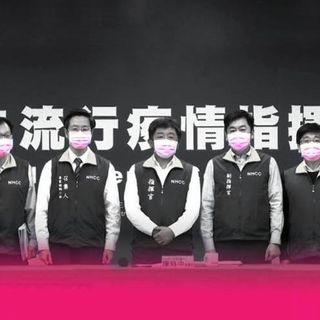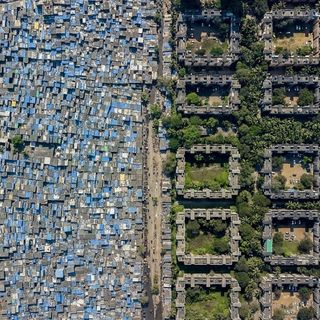Since the Covid19 pandemic incited lockdowns all across the world, three Latin American countries have experimented with gender separation policies in lockdowns. To curb the number of people on the street, governments quarantined men and women differently, letting the former go out on certain days, and the latter out on the remaining days. The reasoning behind the policy was that both genders could be easily identified on the streets, thus making it easy for the police to implement the order.
As a result of this gender separation policy that relies on enforcing lockdown measures based on gender presentation, however, one group was left in the lurch — transgender people. In Panama, transgender activists decried the policy when the police detained a transgender woman because her ID card said “male” and she was out on a day when only women were allowed in public to do essential shopping. Bárbara Delgado, who works as a health outreach worker, was detained by the police on April 1, and accused by a justice of the peace of not being a woman, Human Rights Watch (HRW) reported. She was made to pay $50 in fines after a three-hour-long detention.
“In a country where, in contravention of international human rights law, modifying legal gender on official documents requires sex reassignment surgery, gender-based quarantine measures will almost certainly result in discrimination against transgender persons like Delgado,” HRW LGBT rights researcher, Cristian González Cabrera, said in a statement. Cabrera called for the country’s National Police to adopt protocols sensitive toward trans people’s realities and for Panama to rework its gender recognition procedure.
Related on The Swaddle:
Podcast: Mitigating the Unequal Impact of Lockdown in India
In Peru, President Martín Vizcarra’s gender separation policy elicited similar criticism from LGBTQIA+ groups. Even after Vizcarra assured his critics he has instructed the police to “not have homophobic attitudes” and to respect people’s gender identities, he ultimately reversed the policy eight days later, now only allowing one member from each family unit to be out during the week.
Bogotá, Colombia’s capital city is the latest region to try this gender separation policy, The New York Times reported. Mayor Claudia López, the first woman and openly gay individual to hold this office, said transgender people can be out on the days corresponding to the gender with which they identify, and has given strict orders to the police to respect “diverse gender manifestations.” Only time will tell how well these are implemented by local police.
As the world takes pause to try and combat the coronavirus pandemic, it’s essential policies incorporate all minorities across gender, sexuality, class, caste, and religion. Even as leaders around the world fight to keep the pandemic at bay, they need to demonstrate they value all human life. The Covid19 pandemic is not yet the great equalizer, but it has presented us with an opportunity to make that a reality.




